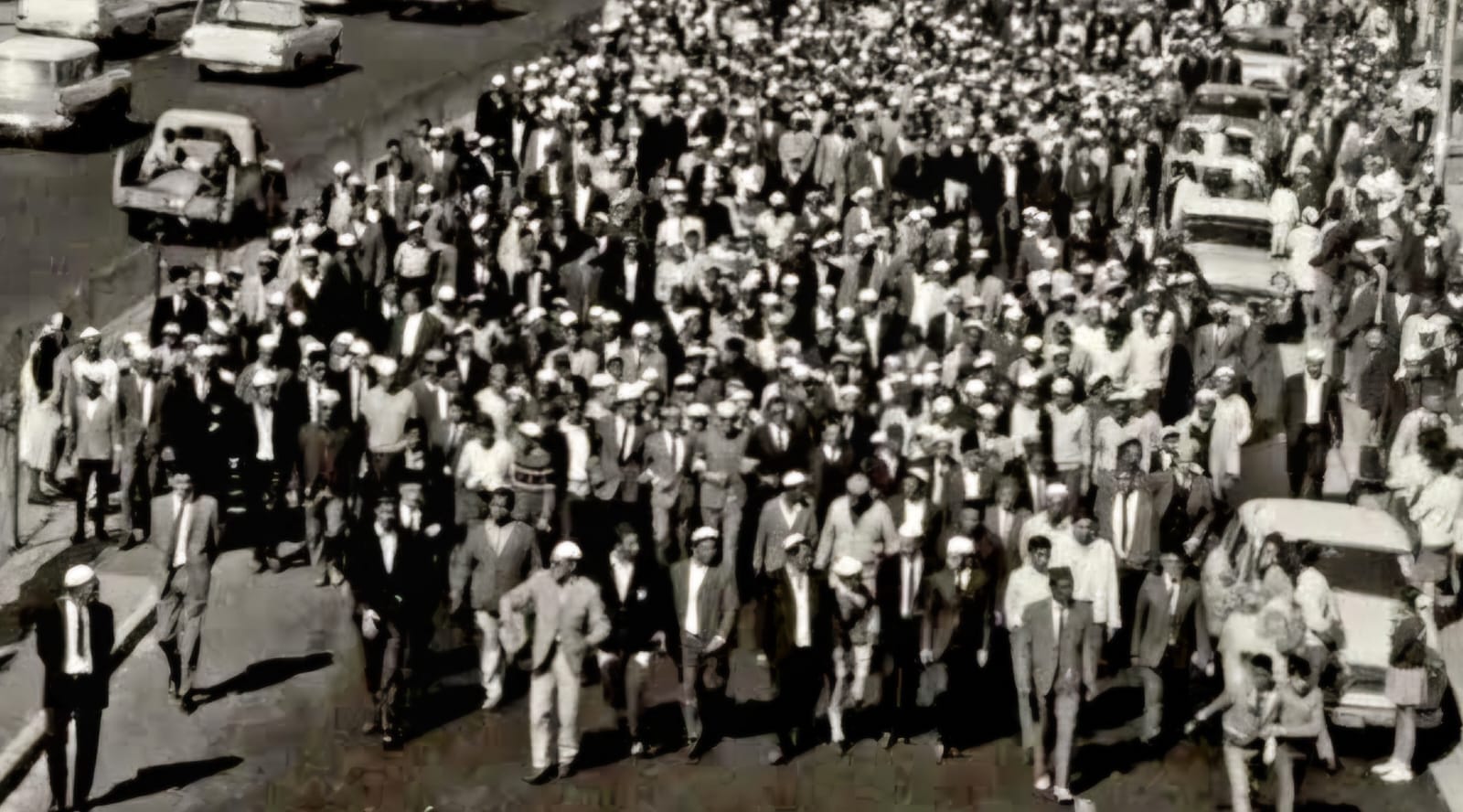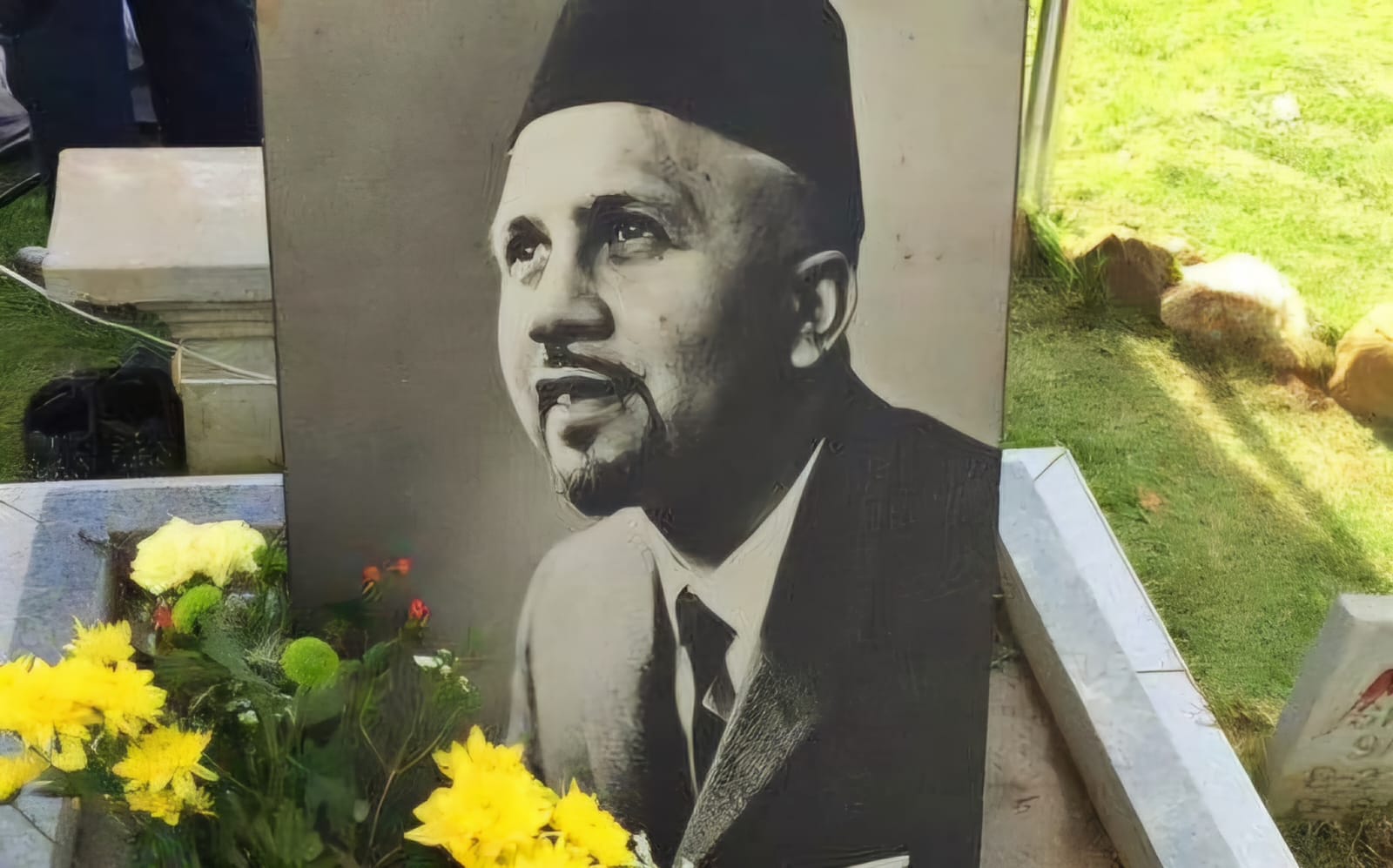Imam Abdullah Haron was a prominent figure in the fight against apartheid in South Africa, known for his unwavering commitment to justice and equality. His life, marked by activism and sacrifice, serves as a powerful testament to the struggle for freedom and human rights. From his early days in Cape Town to his tragic martyrdom, Haron’s legacy continues to inspire future generations to resist oppression and strive for social justice.
Early Life and Education
Abdullah Haron (1924–1969) was born and raised in Cape Town, South Africa. He attended a Muslim school there and spent two years in his youth as a devotee of a shaykh in Mecca. Upon returning to South Africa, he studied under esteemed local scholars. In 1955, he became the imam of the Al-Jamia Mosque in Claremont, a suburb of Cape Town.

Anti-Apartheid Activism
Imam Haron was also an avid sports enthusiast, participating in rugby and cricket even after assuming his role as an imam. He focused on social issues and founded the Claremont Muslim Youth Association in 1958 to make Islam relevant to young people in South Africa. Additionally, he was the first editor of Muslim News, a significant weekly publication for the Muslim community. His sermons often criticized apartheid policies, labeling them as “inhuman, barbaric, and un-Islamic.”
As apartheid oppression escalated, Haron was part of a small group of Muslims seeking to challenge the regime from an Islamic perspective. He advocated for a united struggle against racial oppression and built connections with the banned Pan-African Congress. During his travels to the Middle East, he engaged with exiled South Africans and spoke against apartheid to Arab leaders and audiences, including King Faysal of Saudi Arabia.

Struggle and Sacrifice
Haron’s activism brought him into contact with key anti-apartheid leaders. His efforts to raise awareness of political injustices led to his arrest by the apartheid police. He was detained for 123 days, experiencing solitary confinement and daily interrogations.
Martyrdom
Imam Abdullah Haron died while under surveillance in prison, where he endured severe mistreatment. The police claimed he had fallen down stairs, but evidence indicated otherwise. His body showed signs of severe torture, including broken ribs and numerous bruises. The suspicious circumstances of his death reflected the brutal treatment of political detainees during apartheid.

In September 1969, Haron was reported dead in custody, becoming the eighteenth political detainee to die in police detention during the 1960s. His death was a significant blow to the anti-apartheid movement, yet it also fueled further resistance. The news of his martyrdom ignited public outrage and led to a massive funeral attended by approximately 40,000 people, showcasing the widespread anger and grief over his death and the apartheid regime’s injustices.
Legacy
In the 1980s, during a renewed wave of resistance against apartheid, Haron’s memory emerged as a powerful symbol of Islam’s opposition to injustice. He became more revered posthumously as a martyr than he was in life. In 2014, he was posthumously awarded the Order of Luthuli in Gold for his outstanding contributions to raising awareness of political injustices. His legacy continues to inspire those fighting against oppression and injustice.

Imam Abdullah Haron’s life and sacrifice stand as a profound testament to the struggle against apartheid. His unwavering dedication to justice and equality serves as a beacon of hope and resilience for future generations.


